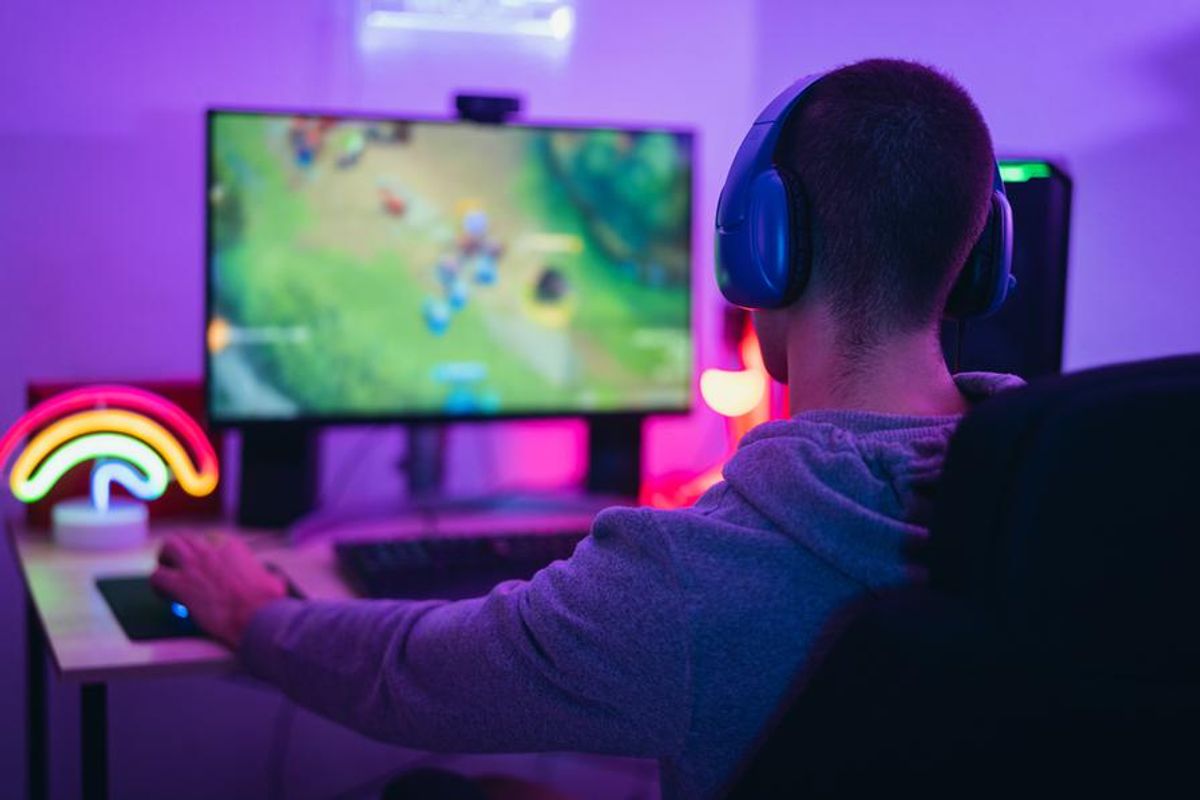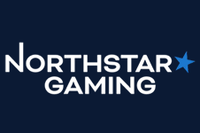Gaming Trends 2021: Pandemic Continues to Impact Market
Learn about the biggest gaming business takeaways in 2021, including supply shortages and the arrival of NFTs.

Click here to read the previous gaming trends article.
As the COVID-19 pandemic continues to put a hold on a wide range of activities, gaming experienced another significant growth period in 2021, showing how far the industry has come.
Although gaming investments didn't offer the kinds of returns they did in 2020, a year that brought major gains, the space has taken steady steps in terms of spending and hardware purchasing.
Here the Investing News Network (INN) offers a closer look at gaming events of note from 2021 and how they impacted the market overall over the last 12 months.
Gaming trends 2021: New hardware continues to face scarcity challenges
In 2020, the gaming industry ushered in a new generation of hardware thanks to the launch of brand-new machines from Sony (NYSE:SONY) and Microsoft (NASDAQ:MSFT).
But the enthusiasm surrounding these new console lines was met with an extreme scarcity situation, and availability for the new Playstation 5 and Xbox Series X|S continues to be low.
The dearth of console availability has continued in 2021, with consumers still having limited options for purchasing new hardware. However, both Sony and Microsoft celebrated high points for console sales.
Even so, by the end of the year, video game tracking company NPD Group indicated that there’s been a downturn in console sales as supply chain issues continue to plague the industry.
“November hardware spending fell to its lowest total since November 2016, US$759 million, driven by a lack of available console inventory,” said NPD analyst Mat Piscatella, according to a report from VentureBeat.
As Sony and Microsoft faced shortages, 2021 saw industry titan Nintendo (OTC Pink:NTDOF,TSE:7974) launch a new edition of its massively popular gaming console: the Nintendo Switch — OLED Model. The new console features a robust exterior revamp to one of Nintendo’s biggest hits, but it disappointed fans who were expecting a more powerful machine capable of running 4K resolutions.
The data provided by NPD shows the Nintendo Switch line of consoles held the top earning spot in 2021 in terms of dollar amount and units sold.
Some of 2021's top retail games include the latest entries into the popular shooter franchises Call of Duty and Battlefield from Activision Blizzard (NASDAQ:ATVI) and Electronic Arts (NASDAQ:EA), respectively.
Games from Nintendo, Microsoft, Square Enix (OTC Pink:SQNXF,TSE:9684), Ubisoft Entertainment (EPA:UBI) and Take-Two Interactive Software (NASDAQ:TTWO) round out the remaining top 10 games of the year.
Data for the top games of the year was collected and shared by NPD.
Gaming trends 2021: Mobile steams ahead with spending increase
According to a report from GamesIndustry.Biz, mobile spending rose 12.6 percent in 2021 for a year-end total of US$89.6 billion between the two major smartphone app stores: Google Play and the iOS App Store.
Looking at the store numbers individually, there was a 9.9 percent uptick over the previous year in the iOS App Store and a 16.6 percent increase for Google Play.
Despite the increase in spending, mobile gaming saw a decline in terms of percentage of total in-app spending across the board. Its percentage for 2021 was 67.4 percent, a decline from 71.7 percent in 2020.
Raj Lala, president and CEO of Evolve ETFs, told INN he is bullish on the continued upside of mobile gaming as it unlocks even bigger potential for the entire gaming landscape.
“These companies, from an investment perspective — many of them have developed a very comprehensive ecosystem of revenues for themselves, and that’s why we find the space so exciting,” Lala said.
Gaming trends 2021: Gamers don't care for major NFT trend
Non-fungible tokens (NFTs) are a technology trend that is paving the way for blockchain applications to reach a wider audience. But despite their popularity, these promising tokens and their role in the art world have faced valid criticisms and overall a general sense of confusion in terms of their value.
This confusion has grabbed the attention of the gaming sphere, but more critically the anger of gamers, who aren't pleased to see video game companies admit to being intrigued by what NFTs can bring to the market.
French video game maker Ubisoft, which owns the popular Assassin's Creed and Far Cry franchises, expressed its interest in NFTs before launching a marketplace called Ubisoft Quartz, which sells in-game cosmetic NFTs.
After being met with serious backlash from fans, Ubisoft reiterated it wants to listen to its core audience.
“We understand where the sentiment towards the technology comes from, and we need to keep taking it into consideration every step of the way,” Didier Genevois, Ubisoft’s blockchain technical director, said in an interview while confirming the firm will move ahead with its NFT plans.
Similarly, EA CEO Andrew Wilson told investors he believes NFTs represent the future of gaming.
One executive with an interest in the growth of NFT games said changes in the business model have opened the doors for blockchain technology to give gamers a chance to engage with digital NFT marketplaces.
“These days with digital content we’ve not had that second-hand market. And so now blockchain is enabling that to happen again, where you can dispose of content that you are no longer interested in or are not playing with anymore,” Robby Yung, CEO of Hong Kong-based Animoca Brands, told CNBC. The firm holds a direct investment in Sky Mavis, which is behind Axie Infinity, one of the market's flagship NFT video games.
As mentioned, the passionate gaming fanbase hasn’t been as enthusiastic about the NFT prospect.
“NFTs are gaming’s best existential threat of the year because of their multifaceted uselessness,” video game industry critic Jeff Grubb wrote in an opinion piece.
For his part, video game critic and reporter Jason Schreier wrote a newsletter showcasing what’s missing for the NFT story in video games. “The vision is really only practical for one specific scenario: multiple games made by a single company that has a vested interest in letting players transfer loot within its ecosystem,” Schreier said.
“I’ve been covering the video game industry for nearly 13 years ... But I’ve never seen a gaming trend inspire as much vitriol as non-fungible tokens,” wrote Schreier in a separate newsletter. “They’ve generated a lot of hype among video game executives for unclear reasons, and fans have grown furious about it all.”
The backlash isn’t being expressed by media and fans only. In an interview with Axios, the head of Xbox, Phil Spencer, expressed his reservations as to how NFTs could benefit a game.
“What I'd say today on NFT, all up, is I think there's a lot of speculation and experimentation that's happening, and that some of the creative that I see today feels more exploitive than about entertainment," Spencer said.
Gaming trends 2021: Investor takeaway
The gaming market continued to grow in 2021, and shows signs of improvement as more gamers join the consumer space. As more people turn to gaming as an outlet, the industry should continue to see steady inclines thanks to spending patterns and the evolving nature of revenue models from gaming companies.
Don’t forget to follow us @INN_Technology for real-time news updates!
Securities Disclosure: I, Bryan Mc Govern, hold no direct investment interest in any company mentioned in this article.
Editorial Disclosure: The Investing News Network does not guarantee the accuracy or thoroughness of the information reported in the interviews it conducts. The opinions expressed in these interviews do not reflect the opinions of the Investing News Network and do not constitute investment advice. All readers are encouraged to perform their own due diligence.
- Top NASDAQ Gaming Stocks | INN ›
- Gaming Outlook 2021: Pandemic Brings Investment Boost | INN ›
- Ways to Invest in Gaming | INN ›
- Gaming Monthly Highlights: Layoffs Impact Niantic and Unity ›
- Gaming Market Update: H1 2022 in Review ›
- Gaming Market Update: H1 2022 in Review ›

